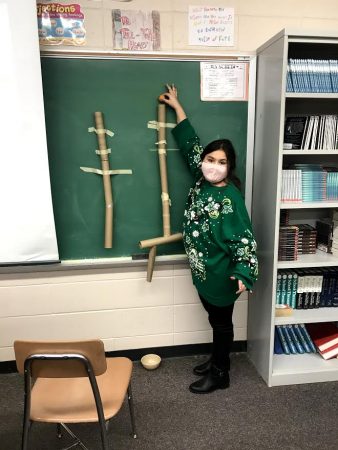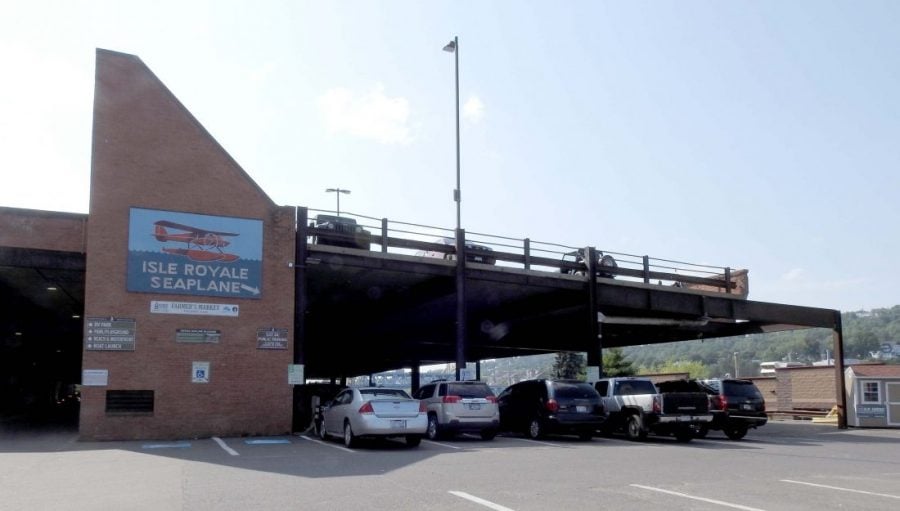
The Michigan Tech Rail Transportation Program announces it will offer four scholarships to first-year students interested in learning more about the rail transportation industry.
The scholarships are open to all disciplines. The application process is simple. Complete the application form you can find on our web page and submit it to David Nelson by March 5.
The application includes a short essay where you can tell our judges how you think you might fit into the industry.
The rail industry has cutting-edge jobs in all areas, from communications and controls to power systems, to business applications and construction.
Contact David Nelson if you want to talk about where the industry could take you!








































